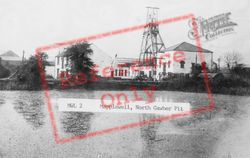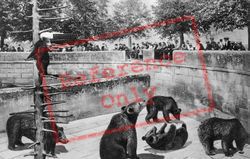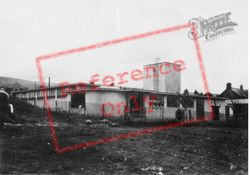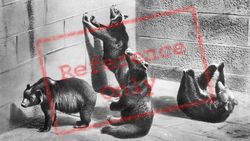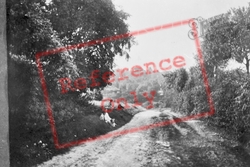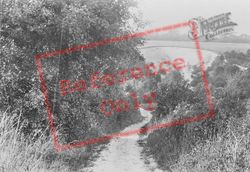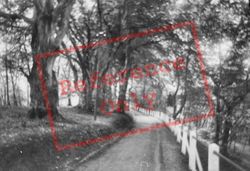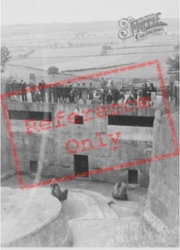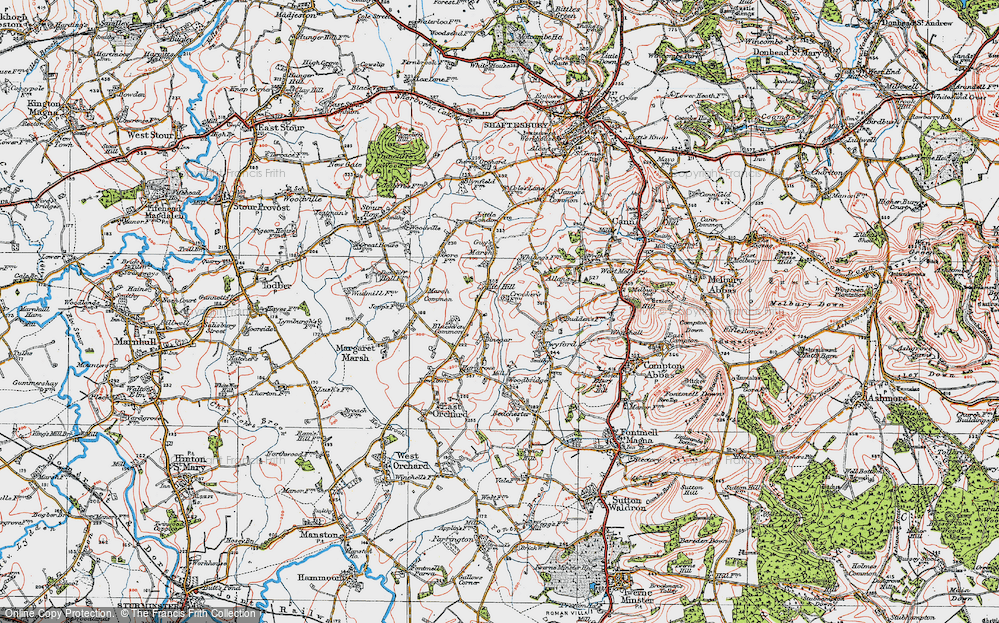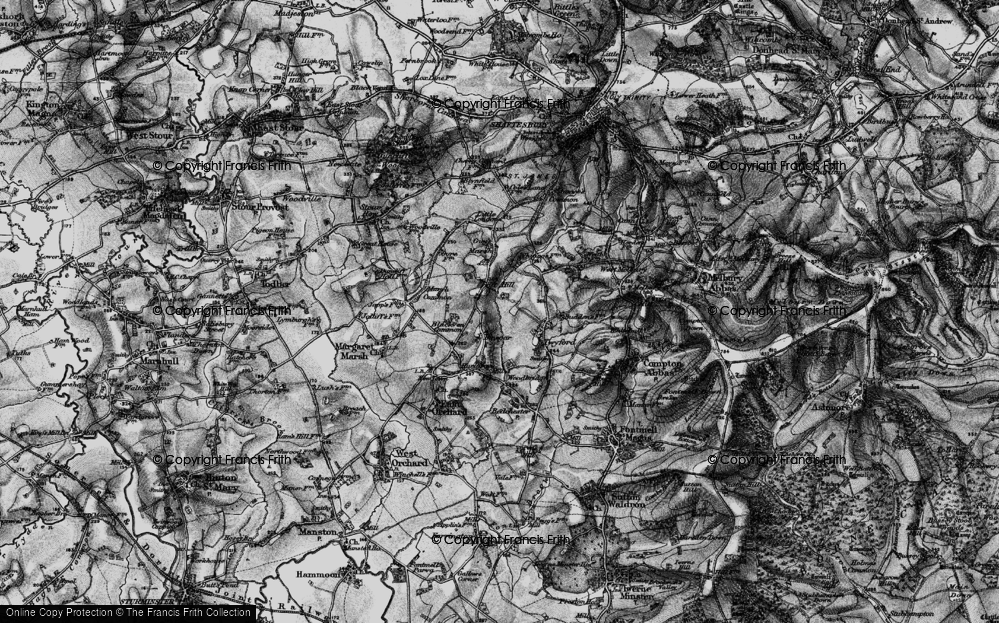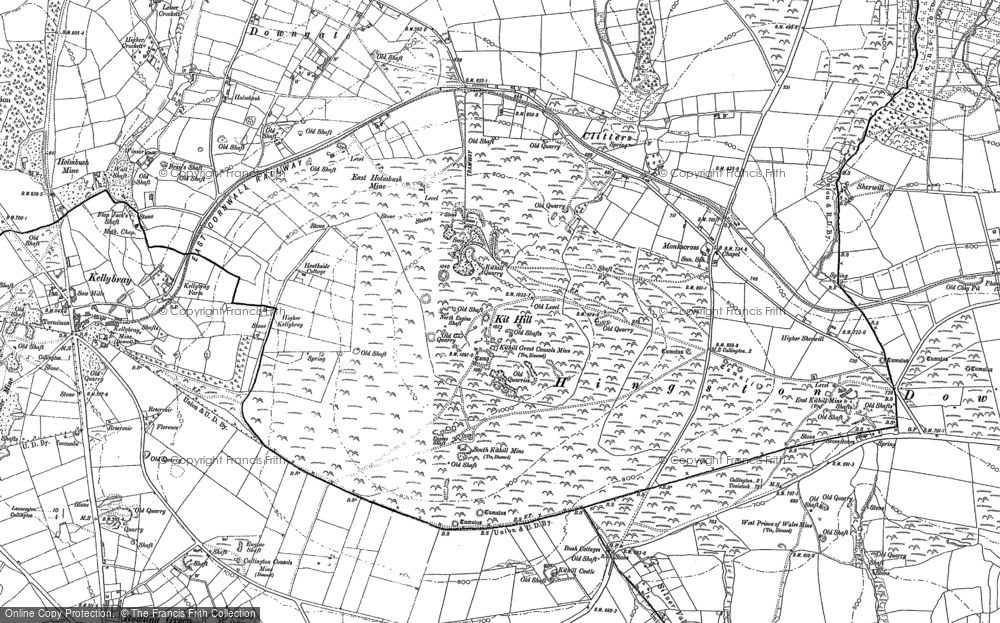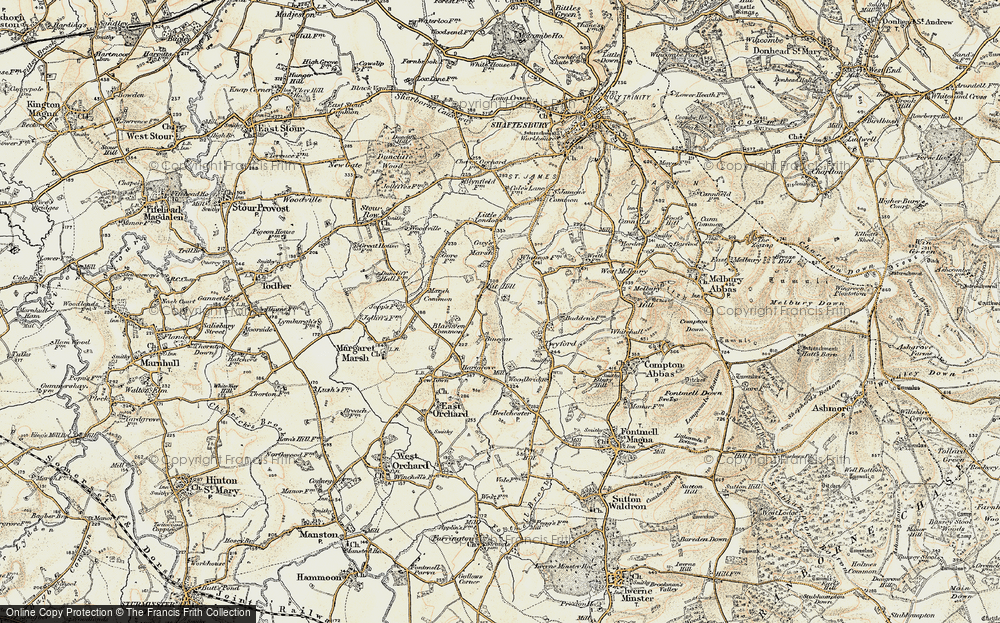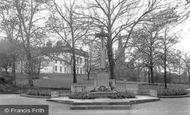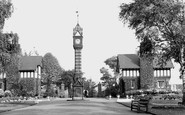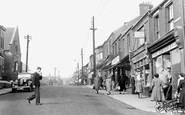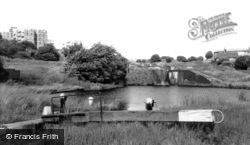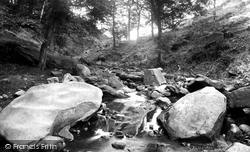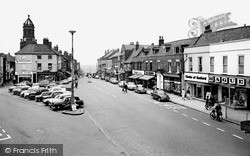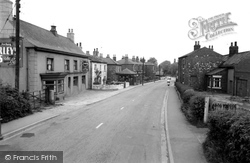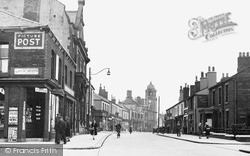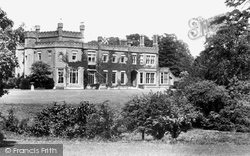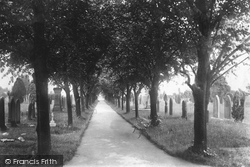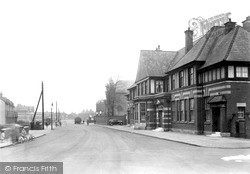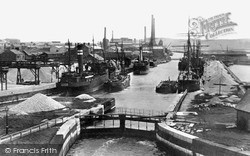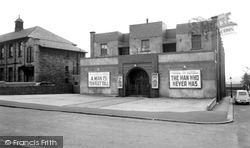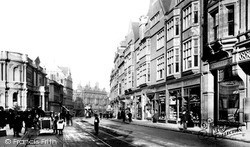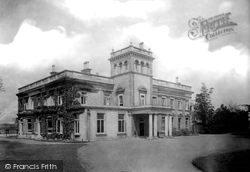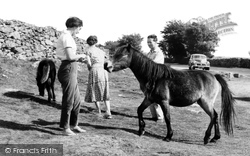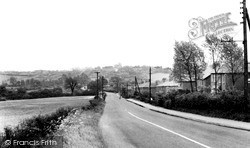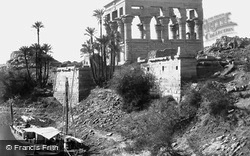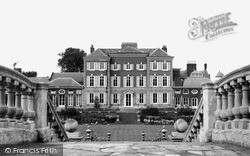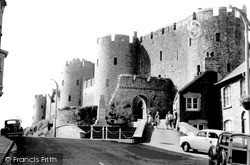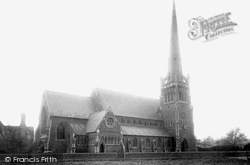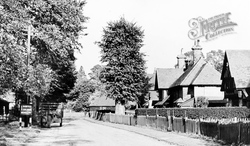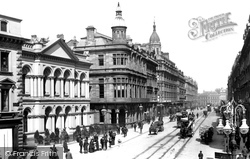Places
15 places found.
Those places high-lighted have photos. All locations may have maps, books and memories.
- Pit, Gwent
- Talke Pits, Staffordshire
- Tunnel Pits, Humberside
- Fenton Pits, Cornwall
- Bedwellty Pits, Gwent
- Slay Pits, Yorkshire
- Tre-pit, South Glamorgan
- Bailey Pit, Gwent
- Moss Pit, Staffordshire
- Red Pits, Norfolk
- Gore Pit, Essex
- White Pit, Lincolnshire
- Even Pits, Hereford & Worcester
- Forest Coal Pit, Gwent
- Michaelston-le-Pit, South Glamorgan
Photos
89 photos found. Showing results 81 to 89.
Maps
84 maps found.
Books
Sorry, no books were found that related to your search.
Memories
867 memories found. Showing results 41 to 50.
Oh For Thing Past.
I was born in 1941 in St Augustine's Rd at the top of Chalk Pit Ave. The memory I have are, the Bull Inn at the corner of Sandy Lane next to Nashes Paper Mills. Ridge ways ? the all one shop, {things past}. Doing paper ...Read more
A memory of St Paul's Cray in 1950 by
Crook Pits?
Can anybody please tell me the name of the pit(s) that was/were closest to Arthur Street in Crook during the period 1925-1935?
A memory of Crook in 1930 by
Ode To Wallsend
ODE TO WALLSEND I was born at Wallsend Village green in the heart of Wallsend Town, I spent my childhood in an era great to be around, We all grew up together and played in our back lanes, My cousins and my neighbours in the ...Read more
A memory of Wallsend in 1976 by
My Memories Of Denham Court
My name is Mel Edwards and I was at Denham Court for a few years. Mr & Mrs Hill were in charge, then they had a son called Steven and a daughter who I think was called Susan. I can remember there were 9 dormitories, ...Read more
A memory of Denham in 1958 by
The Old Wath Pavillion Club
Does anyone recall the old Wath Pavillion Club? I have so many happy memorries of my teens visiting 'the pav', as it was known. I lived in Denaby but visited the pav one weekend with a friend, it was there I ...Read more
A memory of Wath Upon Dearne in 1987 by
Errington''s Of Chopwell
My grandfather lived in Chopwell most of his life, he and his siblings lived in Hamsterley Colliery with their mother Mary Ann and father William Errington, b1881 in Stafford. Their father was killed in 1915 in Gallipoli ...Read more
A memory of Chopwell by
The Goat Forty Hill.
I used to play piano in The Goat on Saturday nights, I was only 15, but don't tell anyone! Wally Reid was the Governor, and his son Norman used to play drums too! We lived in Russell Road, number 69, and opposite our house ...Read more
A memory of Forty Hill in 1951 by
Broad Street School
I too, went to the Nursery School on Broad Street. I remember Miss Massey who slammed the desk down on my fingers squashing my signet ring, which resulted in my finger swelling and the ring having to be cut off! Such a nice lady ...Read more
A memory of Crewe in 1956 by
Always A Colliery Lass
I was born late 1959 at Little Thorpe Maternity Hospital. I lived in Arthur Street with my parents Alan and Ada Robson and my newly widowed grandfather Bob Mckee. My grandmother, Lizzie, sadly passed away a year ...Read more
A memory of Easington Colliery in 1964 by
Lost Village Of East Holywell
I was born in East Holywell in 1946 and lived at 24 North Row. By then there were only 2 rows of houses left. We lived with my grandmother, Eva Barnfather, who had been there since the turn of the century. Like ...Read more
A memory of East Holywell in 1950 by
Captions
118 captions found. Showing results 97 to 120.
The reasoning behind the construction of the Dudley and Stourbridge Canals was for the transportation of coal from pits around Dudley to the glass works at Stourbridge, and for the export of coals
This stream, the Lode Pit Beck, flows off the moor into the Aire at Shipley. A former drovers' track took trade over the hills to Ilkley and Otley.
The prosperous Georgian feel of the town originates with the presence of the castle and with its role as a market town and agricultural centre.
Also in that period massive pits surrounded Altofts, and the Church of St Mary Magdalene (1890) has a window memorial to the 32 men and boys (and 53 horses) killed in the explosion at the West Riding
The reasoning behind the construction of the Dudley and Stourbridge Canals was for the transportation of coal from pits around Dudley to the glass works at Stourbridge, and for the export of coals
On the northern edge of the Wigan coalfield, local pits once provided employment for over 2000 miners, but by the late 1940s the mines were just a memory.
It stands further east and closer to Cheam village than the original palace.
Burials were forbidden within the town, and a plague pit was opened at the southern end of Millgate near the bridge over the Devon.
The small village based around the manor of Rossington was enlarged to its west side once coal reserves had been found.
Runcorn was also a coal port, handling traffic from Lancashire and Staffordshire pits.
Cudworth was never a pit village, although it is surrounded by collieries at Monk Bretton (opened in 1870), Carlton (1879), Grimethorpe (1897), Frickley (1905) and Ferrymoor (1917).
Bilston had a lock-making industry of sorts in the 16th century but it remained fairly static; along with Pontypool, Bilston was an early centre for japanning—the copying of Japanese goods by English
After the Great War, it was used as a sanatorium for TB sufferers; it closed in the 1970s, when it was converted to private residences.
Dartmoor was plundered for its mineral wealth. In the south, huge pits were dug for china clay, an industry that continues today, and all over the moor granite was quarried for building stone.
Kippax Colliery near Owl Wood flourished between 1858 and 1904, but it was the nearby pits of Allerton Bywater (1875-1992) and Ledston Luck (1909-1987) that transformed the village into the town
Epsom Downs with its close-cropped turf and easy access from London was the place for it.
This pitted Protestants against Catholics, Parliamentarians against Royalists.
Poyer and Laugharne capitulated, but not before the traitor was caught and poetically buried in the water pit.
If we return briefly to the beginning of the 19th century, Sutton again made history when the body of Mary Ashford, aged 20, was found brutally murdered - drowned in a marl-pit in Penns Lane.
As Reading expanded south, St Giles', decaying and small, proved unable to cope, and Christchurch was built in 1861-2. It
Beyond, a timber structure can be seen in the front garden of No 1. It was for many years the village post office.
There was already the beginnings of a route in one very old narrow street, but all signs of Hercules Street were to disappear, along with its 40 fleshers and their killing yards.
Places (15)
Photos (89)
Memories (867)
Books (0)
Maps (84)


